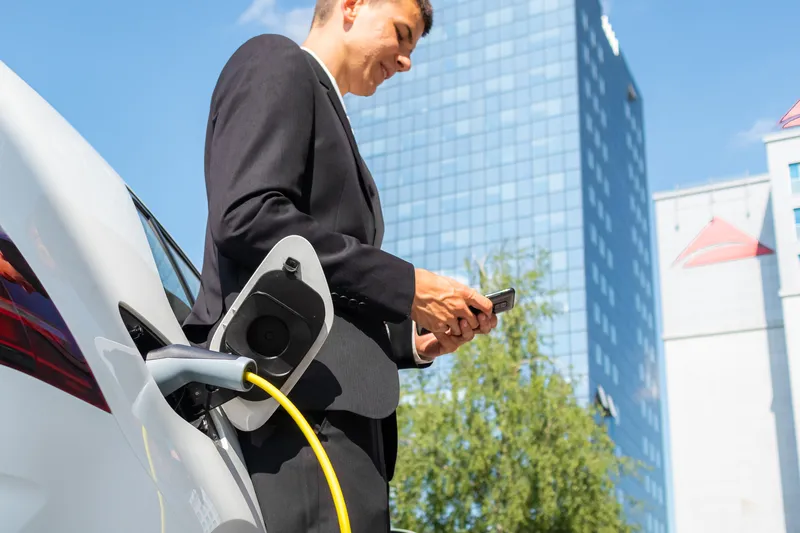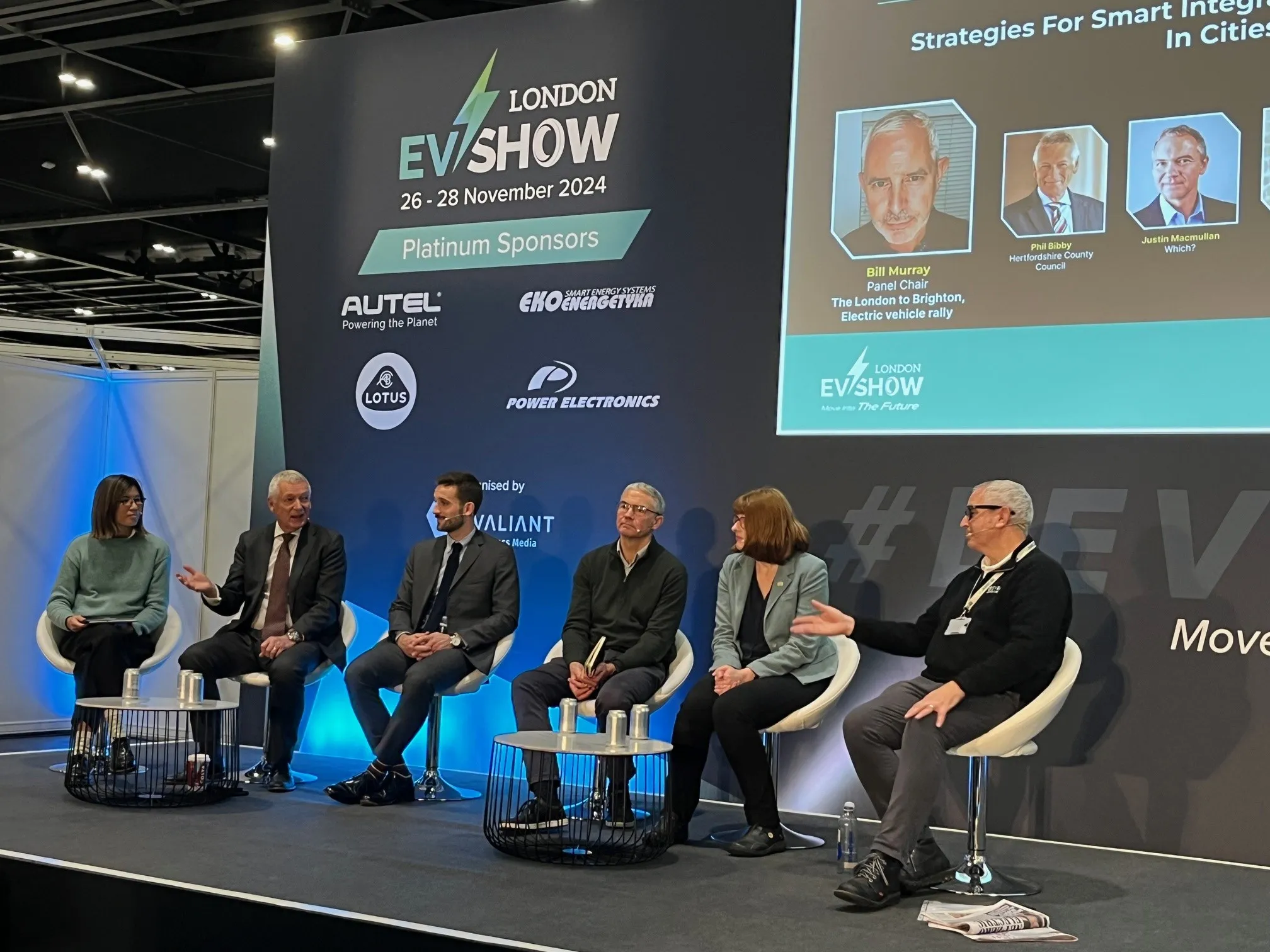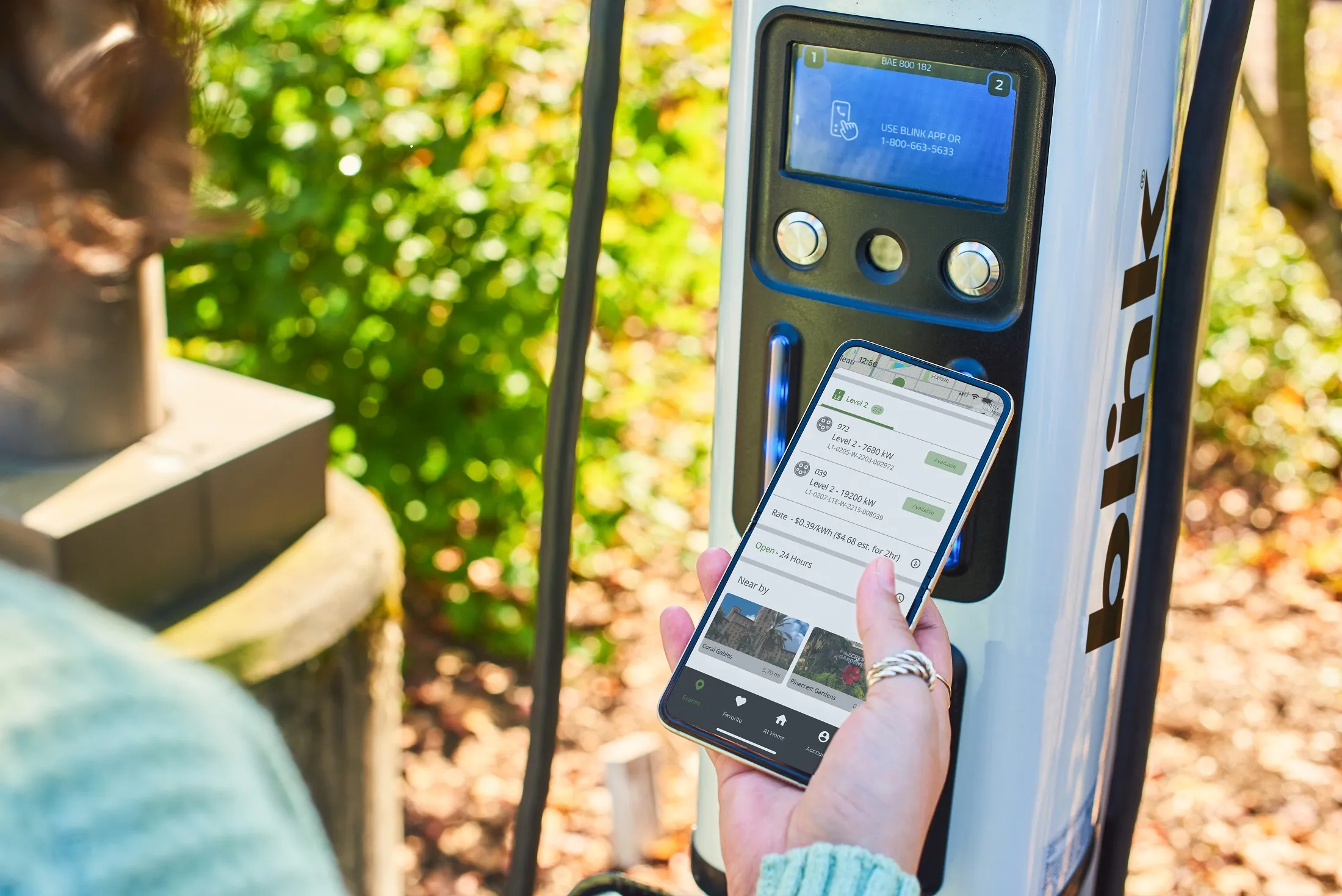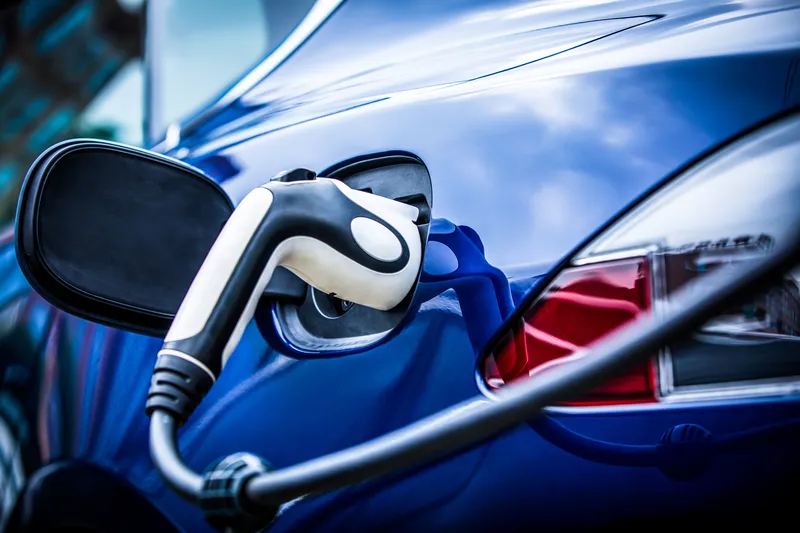
The EV charging process fails at least 25% to 30% of the time in the US at present, and “that’s a huge problem for an industry that has been targeted with US$7bn of government investment,” says Frank Menchaca, president of sustainable mobility solutions and workforce development at SAE International.
Chairing a panel on “critical challenges for a reliable EV infrastructure” at the London EV Show, Menchaca highlighted regular chargepoint breakdowns as a serious problem, along with a lack of consumer understanding of how to use EVs effectively, incompatible software platforms, and a severe shortage of EV technicians.
“A culture shift has to happen,” Menchaca said, “and we are going to have to find ways to educate the market more effectively. People are buying US$85,000 cars and not being told anything at all about how to charge them, how to route plan, or how to build in more stops. There is a fundamental flaw in the way OEMs are selling you their (EV) cars.”
Fellow panelist, Kameale C Terry, chief executive of ChargerHelp!, agreed, adding that the industry also needs to start working much harder on its chronic skills shortage.
Her company is: “The only national EVSE-dedicated operations and maintenance service provider,” in the United States, and employs “a workforce (trained) to diagnose and repair the wide range of unique EV charging technologies that exist in the market today, bridging the gaps between EV Service Providers and Manufacturers.”
And it is not easy. Traditional mechanical engineers and technicians are no longer what is needed. “Most of the problems are in the software,” she said, “and the market is full of multiple different platforms that just don’t work together. We need new skills. We need practical software engineers.”
And, to underpin it all properly, the industry needs a new training, certification, and employee development system. If the industry is to thrive and “delight” its customers, it needs to find new workers who are “open-minded, willing to learn, good communicators,” and then to train, develop and qualify them.
The SAE has already started the ball rolling with a suggested job specification for this sort of role, Menchaca said, plus an upcoming examination and certification process. “We’ve looked into what a typical EVSE Technician needs to look like, and there is a whole body of knowledge free on our website,” he told the conference.
The SAE’s International Electric Vehicle Supply Equipment (EVSE) Technician Certification scheme is planned to come on line in 2024, with the aim of “expanding the workforce to ensure a reliable charging experience for EV drivers and to help advance the adoption of electric vehicles.”
According to the group: “SAE International has produced a certification program to establish and verify the skills and knowledge of technicians who maintain, repair, and operate Electric Vehicle charging stations. The Electric Vehicle Supply Equipment (EVSE) Technician Certification will be granted to technicians who have successfully completed a comprehensive training program and passed a rigorous exam administered by SAE ITC Probitas Authentication.”









